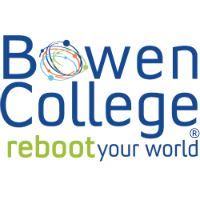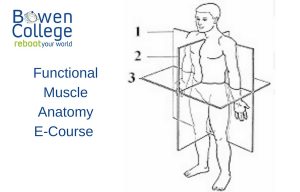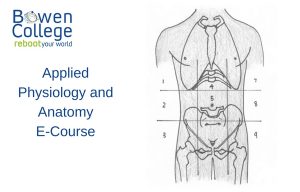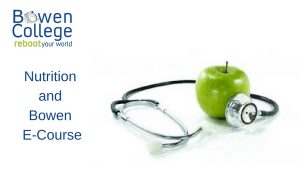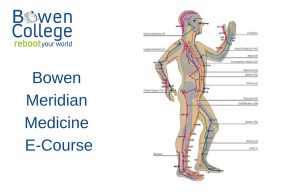In my last post, as part of an examination of the SOAP concept, informing doctor note taking for initial patient interviews, I explored the meaning of the idea of “subjective.” Today I’ll look at the next term in that acronym, “objective.” I actually call into question the term “objective” itself.
Traditionally regarded as scientific showing “what is really going on,” I’ll take “objective” to refer to “observation”: summarizing how patients deal with their symptomatology, principally their objectives and objections. Solutions, or “prescriptions,” don’t mean anything without a context; thus it is essential to get to the fundamental objectives a patient has and their general objections and misconceptions regarding their health. Patients with a broader definition of health look for treatment and care reflective of their personal attitude towards health.
The spectrum ranges from perceiving symptoms as the body’s enemy, to seeing them as meaningful signs that help refocus their lives. The latter approach is hard to capture in pill form. Even coronary heart disease can be either a prescription for heart and cholesterol medications or a plan for exercise, healthy eating habits, lifestyle modifications and emotional insights.
The patient’s objections to certain approaches define the framing of their experience. For the doctor, it comes down to being open, listening, observing, and refusing to believe one can be “objective.” Despite all “objective” findings, including the “objective” names of the condition and their gravity, these have little bearing on therapeutic outcomes. So what is “objective” about this part of the interview? “Disease calling” does not predict the outcome and may in fact reinforce the nocebo effect. Since the ultimate outcome is more closely linked to the subjective experience of the patient, why not spend more time to get to know that patient?
In the next post, we’ll consider what this insight tells us about the assessment and plan phases of SOAP.
